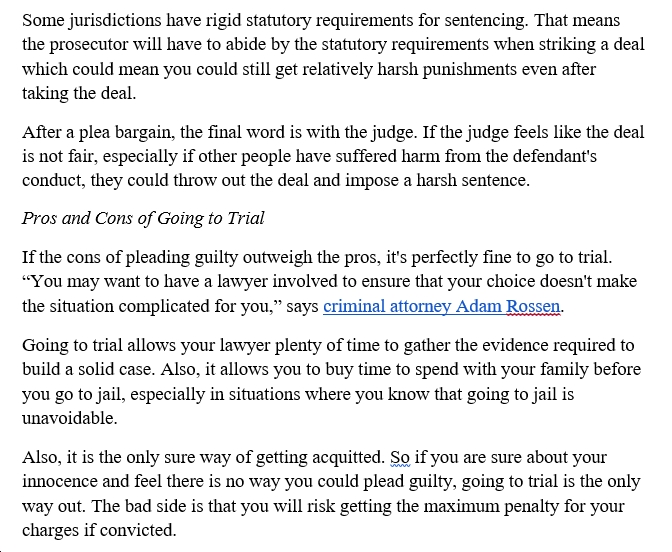Sponsored Content
By Richard Grungo, an attorney who handles cases in Georgia ranging from car accidents and wrongful death, to consumer fraud.
When speaking to the national media and participating in congressional hearings, Wells Fargo has vowed to take responsibility for its actions and help the people who saw their money disappear after fake accounts were created in their name.
The company’s new CEO, Timothy J. Sloan, made it very clear that his main objective was to help the bank regain its footing by creating goodwill with its customer base and restoring their “trust in Wells Fargo.”
However, when dealing with litigation in state and federal courtrooms throughout the country, the bank seems to be operating under a different paradigm. The Wells Fargo legal team has started the process of killing many of the lawsuits that its customers have filed by having the cases placed in private arbitration. This move keeps the legal process from entering the public conscience and heavily favors major corporations such as Wells Fargo.
Attorneys for the bank’s customers know that the company’s legal actions are intended to limit their culpability and keep their customers from receiving their moment in open court. It is well-documented that arbitration puts consumers at an extreme disadvantage by preventing them from coming together and filing a class action lawsuit.
Each individual customer is then made to resolve their dispute with the bank alone and cannot take part in one of the most effective ways that Americans have to oppose the deceitful tendencies of major corporations.
It is also important to note that judicial rules that dissuade a company from engaging in any conflicts of interest do not apply in arbitration, meaning that Wells Fargo could potentially direct their cases to more favorable arbitrators. The cases are also handled mostly out of the public eye and are hard to overturn once a decision is made.
Many of the people who were defrauded by the bank do not understand why they are being forced into arbitration when a fake account was created, believing that it was impossible for them to sign an arbitration clause when they had no idea any activity was taking place. The bank’s counterargument is that the arbitration clause that was signed for any legitimate accounts should apply to the fake ones set up in their names.
Although the court of public opinion is firmly behind the defrauded bank customers, Wells Fargo seems to be winning the legal battle and has had the majority of its cases moved to arbitration by pro-business judges that believe that corporations are just as important as individual people. With Supreme Court rulings in 2011 and 2013 allowing for the widespread usage of arbitration, major corporations have had a lot of success enforcing the arbitration clauses that are embedded within their contracts.
While proponents of arbitration believe that it is a more cost efficient way to settle legal disputes, critics know that most arbitrators are retired judges who receive a substantial lump sum for agreeing to take on these cases. Many of these judges are naturally inclined to side with big businesses who have the ability to send them more cases in the future.
Attorneys are well aware of this and will probably not take on cases where there is minimal financial damage to a person’s bank account. For the majority of cases, where the fees that were charged to a person’s account were less than $100, this means that these people will likely never get a chance to hold Wells Fargo accountable and get back the amount of money that was taken from them.
It is up to the American people to put pressure on a pro-business judiciary by making their voices heard and letting the government know that any decisions in favor of major corporations will not be held with high esteem.


















